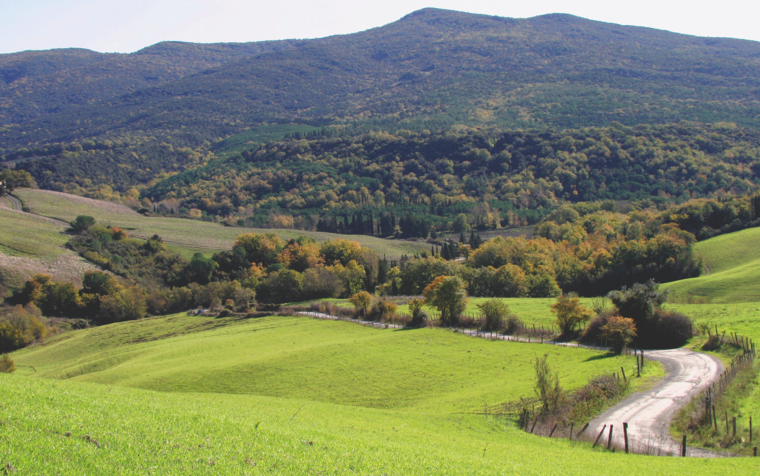
The GRANULAR project and the initial activity of the Italian Multi-Actor Lab in the Val di Cecina Rural District
Written by Francesca Uleri and Tommaso Trinchetti
Representing 30% of its population and over 80% of its territory, EU rural areas are facing simultaneous demographic, climate, economic, social and environmental changes which affect their characteristics and metabolisms. Responding to these challenges requires a precise understanding of what rural areas are and what rural communities are facing nowadays. Definitions of rural areas tend to lean on population density or size. They do not provide sufficient insights into the dynamics, drivers and fluidity of contemporary diverse rural-urban relations and identities that characterize ruralities across Europe. Despite the increasing acknowledgement that rural areas are diverse and that typologies should better reflect the identities of such territories, the lack of data at a fine scale prevents such innovations. Departing from an updated conceptualisation of rurality based on the multi-dimensional nature of contemporary rural-urban interrelations and interdependencies, GRANULAR will generate new insights for characterising rural diversity based on a multiactor and interdisciplinary approach. Based on insights from 7 Multi-Actor Labs, in the period 2022-2026, it will generate novel datasets using a wide range of methods and primary data, such as remote sensing, crowd-sourced data, mobile phone data and webscraping. This data will then be combined with a variety of existing institutional data to derive indicators relevant to rural communities for the implementation of the Long-Term Vision for Rural Areas (LTVRA), so to measure resilience, well-being, quality of life and attractiveness.
GRANULAR is led by the IAMM (Centre International de Hautes Etudes Agronomiques Mediterraneennes) and brings together other 21 partners from across Europe. UNIPI – with the PAGE group – is the partner responsible for coordinating the activity of the Multi-Actor Labs. Recently the actors from the Italian Multi-Actor Lab, located in the Val di Cecina District (Tuscany) and guided by a local facilitator from GreenGea, have collectively defined first priority thematic areas for new data collection activities to be implemented in the GRANULAR framework.

The actors (e.g. municipal authorities, farmers, local chamber of commerce, etc.) have highlighted and manifested the need to produce more comprehensive data about, for example, the (1) local water system (e.g presence of irrigated land; local water needs; soil capacity to retain water – geomorphological characteristics, etc.), the (2) structure of the local agri-food sector (e.g. quantification of agri-food consumption in local public canteens as a potential demand for local products, quantification of agricultural waste and verification of the possibility of their local reuse, etc.), and (3) the evolution of the tourism sector (e.g. assessment of the economic impact of tourism on farm profitability, environmental impacts of touristic flows, etc.). GRANULAR will offer the possibility to structure and access new data collection tools and methodologies as a way to collectively discuss and meet these territorial requests as a way to support ongoing rural development strategies and policy making processes for enhancing local development.

